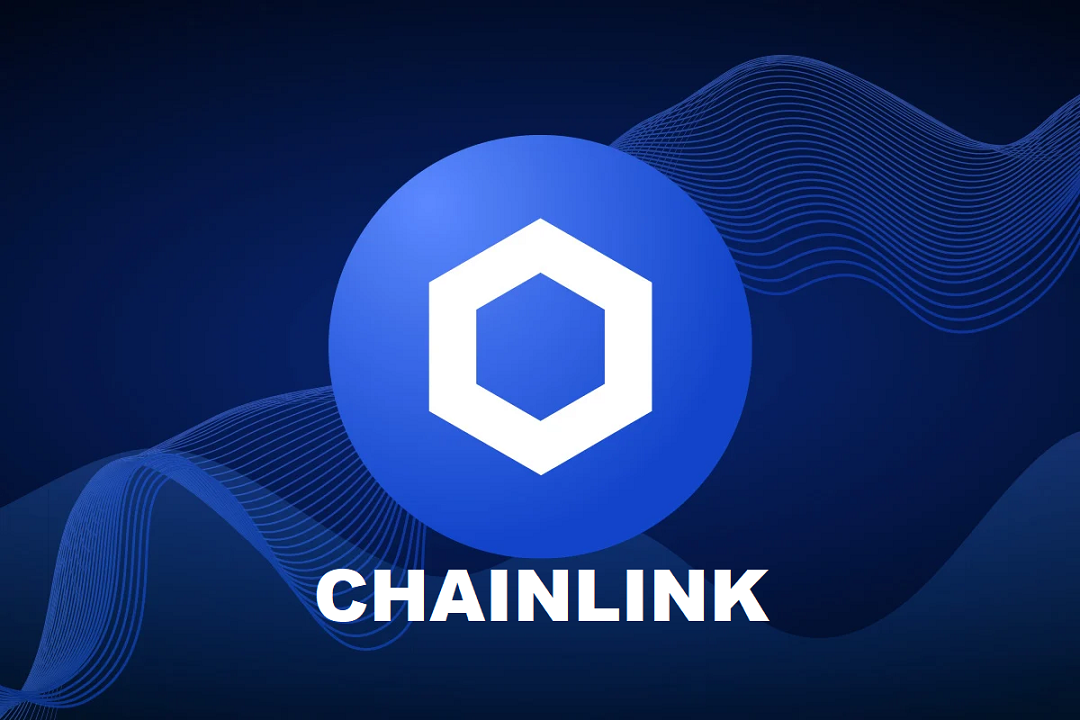Commerce Dept and Chainlink Partner to Share Data on Ethereum and Other Blockchains

The U.S. Department of Commerce has partnered with Chainlink to bring macroeconomic data onto the blockchain. According to a recent press release from Chainlink, the collaboration with the Department of Commerce’s Bureau of Economic Analysis allows key U.S. economic indicators, such as Real Gross Domestic Product, Personal Consumption Expenditures Price Index, and Real Final Sales to Private Domestic Purchasers, to be integrated into blockchain ecosystems. This initiative marks a pivotal moment for blockchain adoption in government operations, enabling innovative use cases for financial markets and decentralized applications. The move aligns with broader efforts to modernize economic data distribution and enhance transparency in the digital age.
The partnership leverages Chainlink’s Data Feeds to deliver real-time macroeconomic data to blockchain networks. Initially, this data is available across ten blockchain ecosystems, including Ethereum, Arbitrum, Avalanche, Base, Botanix, Linea, Mantle, Optimism, Sonic, and ZKsync, with plans to expand based on user demand. The data, updated monthly or quarterly, includes critical metrics like Real GDP levels and percent changes, PCE Price Index, and Real Final Sales to Private Domestic Purchasers. These metrics provide insights into the U.S. economy’s size, inflation trends, and domestic demand, offering blockchain developers and financial institutions reliable data for building advanced applications.
Stay In The Loop and Never Miss Important Crypto News
Sign up and be the first to know when we publishUnlocking New Opportunities for Blockchain Innovation
The integration of government macroeconomic data onto the blockchain opens the door to transformative use cases for DeFi and tokenized assets. Developers can now create automated trading strategies that respond to real-time economic indicators, enhancing market efficiency and responsiveness. Additionally, the availability of immutable government data supports the creation of transparent dashboards, real-time prediction markets, and risk management protocols for DeFi platforms, all driven by trusted economic metrics. This development also facilitates the issuance of new digital assets tied to macroeconomic performance, fostering greater composability and innovation in tokenized markets.
Chainlink’s collaboration with the U.S. Department of Commerce builds on its growing engagement with U.S. policymakers and regulators in 2025. The company has actively worked with the Securities and Exchange Commission to address compliance challenges for broker-dealers and transfer agents using public blockchain infrastructure, resulting in new interpretive guidance from the SEC. Chainlink also engaged with the SEC’s Crypto Task Force to highlight how its Access Control Enforcement technology embeds compliance logic into blockchain infrastructure. Furthermore, a recent meeting between Chainlink’s Sergey Nazarov and Senator Tim Scott, Chairman of the Senate Banking Committee, underscored the company’s role in shaping crypto market structure policies to drive industry growth.
The significance of Chainlink’s infrastructure was further emphasized in a July 2025 White House report from The President’s Working Group on Digital Asset Markets. The report identified Chainlink as critical infrastructure for powering stablecoins, tokenized funds, and the broader onchain economy. This recognition highlights the growing consensus that oracle networks like Chainlink are essential for creating secure, interoperable, and compliance-ready digital assets. By bridging public institutions with blockchain markets, Chainlink is paving the way for greater government adoption of decentralized technologies while ensuring regulatory alignment.
Chainlink’s Data Feeds, underpinned by the Onchain Data Protocol, meet enterprise-grade standards, as evidenced by their ISO 27001 certification and SOC 2 Type 1 attestation. These credentials provide financial institutions with confidence in the platform’s security and reliability for accessing macroeconomic data. The initiative follows recent comments from Commerce Secretary Howard Lutnick, who announced plans to integrate GDP and other economic statistics onto the blockchain, signaling strong governmental support for this technology. As blockchain adoption accelerates, this partnership positions the U.S. as a leader in leveraging decentralized systems for economic transparency and innovation.

